Tips on Choosing a Whole House Well Water Filter
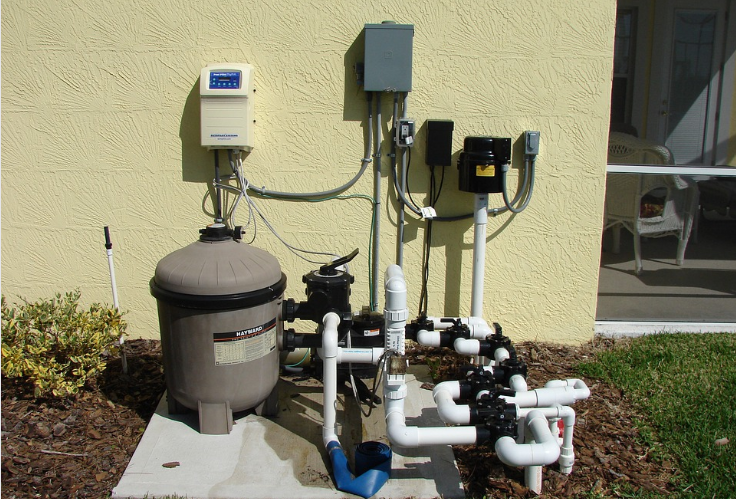
Like most homeowners, you are always looking for ways to save money on your monthly bills. One way to do this is by installing a brown well water filter. Not only will this save you money on your monthly water bill, but it will also help keep your family healthy by removing harmful contaminants from your water supply. In this blog post, we will discuss the different types of whole house filters available and provide tips on how to choose the right one for your home.
Decide on the Type of Whole House Filter
The first step in choosing a whole house well water filter is to decide on the type of filter you need. There are two main types of filters: point-of-entry (POE) and point-of-use (POU). POE filters are installed at the main water line coming into your home, while POU filters are installed at individual water sources, such as your kitchen sink or shower. If you are only concerned with removing contaminants from your drinking water, then a POU filter may be your best option.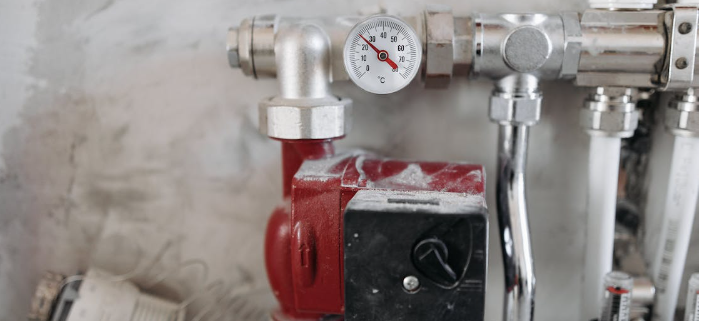
Know the Flow Rate of Your Dispensers
The flow rate is the number of gallons per minute your filter can process and is an important consideration when choosing a whole house water filter. The average household uses 80-100 gallons of water per day, so you’ll want to select a filter with a flow rate that can accommodate your needs. Another factor to consider is the size of your home – a larger home will require a higher flow rate to meet the demand. To calculate the flow rate you need, divide the number of gallons you use per day by 60 (minutes in an hour). If you have a well, you’ll also need to consider the flow rate of your well pump.
Consider the Size of the Filter
The size of the filter is an important consideration when choosing a whole house well water filter. The larger the filter, the more contaminants it can remove from your water. You may need a bigger filter to meet your needs if you have a large home or family. Another factor to consider is the flow rate of the water through the filter. A higher flow rate means more water can be filtered in a shorter period. When choosing a whole house well water filter, you must consider the type of contaminants you want to remove from your water.
Ensure to Find NSF-Certified Filter System
The National Sanitation Foundation (NSF) is a third-party organization that certifies water filtration systems. When searching for a whole-house water filter, always look for an NSF-certified system to be sure it will remove contaminants from your water supply as advertised. One of the benefits of an NSF-certified system is that it has been independently tested to verify that it meets specific standards for contaminant removal. This means you can be confident that the system will perform as advertised and provide you with clean, safe drinking water.
In this blog post, we have provided tips on how to choose the right filter for your home. We have also discussed the different types of filters available and explained the importance of choosing an NSF-certified system.…


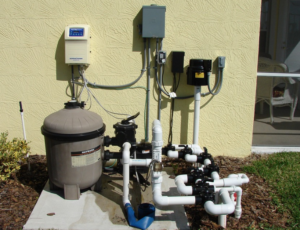 Reverse osmosis systems have become a popular choice for home installation. The number of steps required to purify the water is a major difference between the models. The most expensive systems can complete five to six steps. These may include carbon filters, micron filters, and a semi-permeable membrane.
Reverse osmosis systems have become a popular choice for home installation. The number of steps required to purify the water is a major difference between the models. The most expensive systems can complete five to six steps. These may include carbon filters, micron filters, and a semi-permeable membrane.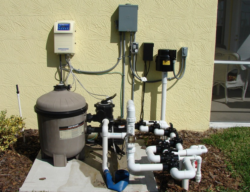
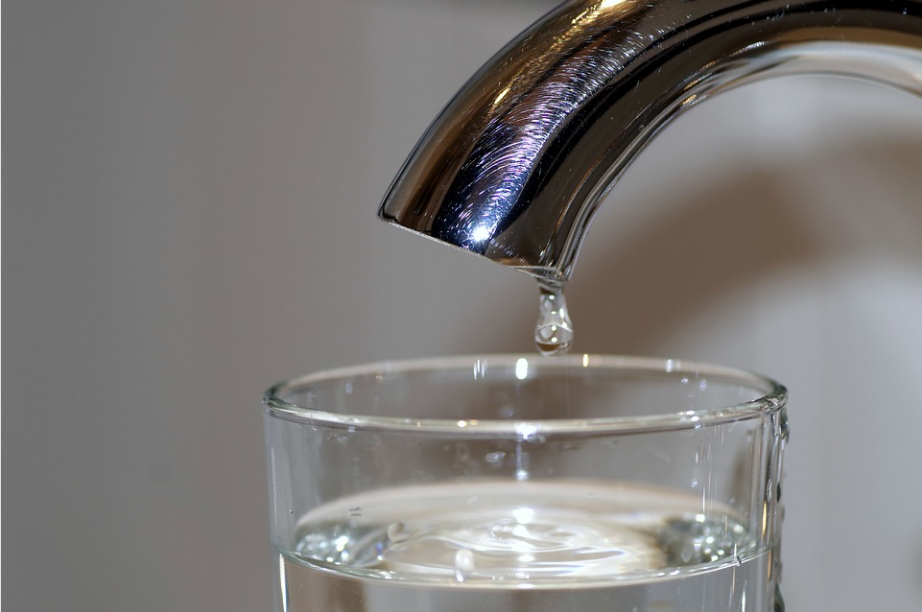
 It involves running water via several filters, each performing a different job. The sediment filter traps allergens, and the activated carbon filter traps natural chlorine and chemicals. There’s some stress that it traps out trace metals and minerals, which are beneficial to our bodies. This system forces water to maneuver through filters by a more congested state to become purer. It is a good, secure, comprehensive water filtering program.
It involves running water via several filters, each performing a different job. The sediment filter traps allergens, and the activated carbon filter traps natural chlorine and chemicals. There’s some stress that it traps out trace metals and minerals, which are beneficial to our bodies. This system forces water to maneuver through filters by a more congested state to become purer. It is a good, secure, comprehensive water filtering program.